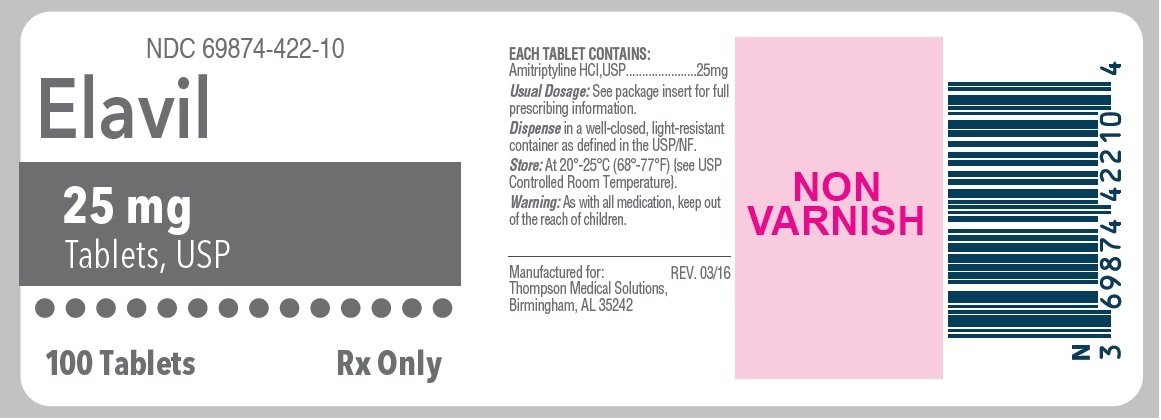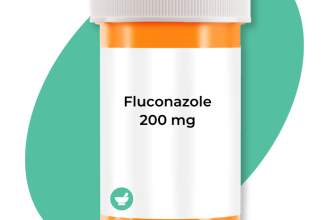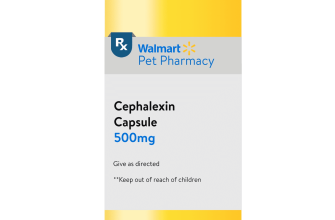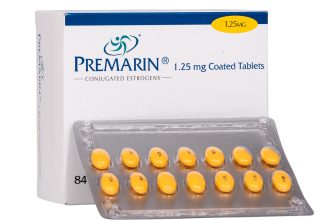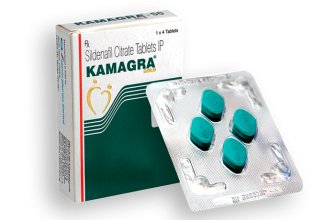Need clear, concise information about Elavil? This guide provides a direct path to understanding its uses, potential side effects, and crucial considerations for safe and effective use. We’ll focus on practical details to help you make informed decisions regarding this medication.
Elavil, also known as amitriptyline, is a tricyclic antidepressant (TCA) primarily prescribed for major depressive disorder and certain types of chronic pain. It works by influencing the levels of neurotransmitters in your brain, serotonin and norepinephrine, which play a vital role in mood regulation and pain perception. However, remember that it’s crucial to discuss the suitability of Elavil with your doctor, as it’s not universally appropriate for everyone.
Common side effects include drowsiness, dry mouth, constipation, and blurred vision. These are often manageable, and your physician can advise on strategies for mitigation. More serious side effects, although less common, include irregular heartbeat and seizures. Immediate medical attention is required if you experience these symptoms. Regular monitoring by your healthcare provider is therefore highly recommended during treatment.
Remember: This information is for educational purposes only and does not substitute professional medical advice. Always consult your doctor or pharmacist before starting, stopping, or altering your Elavil dosage. They can personalize your treatment plan and help you manage any potential side effects.
Common Side Effects and How to Manage Them
Dry mouth is a frequent Elavil side effect. Sip water regularly throughout the day. Chewing sugar-free gum can also help stimulate saliva production.
Constipation often occurs. Increase your fiber intake with fruits, vegetables, and whole grains. Drink plenty of fluids. Consider a mild stool softener if needed, but always consult your doctor first.
Drowsiness is common. Avoid driving or operating machinery until you know how the medication affects you. Schedule your activities for times when you feel most alert. Consider a shorter or split dose in consultation with your doctor if daytime sleepiness is excessive.
Weight gain can be a side effect. Maintain a healthy diet and exercise routine. Talk to your doctor or a registered dietitian about strategies for managing your weight.
Dizziness can occur. Rise slowly from a lying or sitting position to minimize dizziness. Avoid sudden movements. Let your doctor know if dizziness is severe or persistent.
Blurred vision is another possibility. Schedule regular eye exams. Inform your doctor if you experience significant vision changes.
Many experience lightheadedness. Avoid alcohol and ensure proper hydration. If lightheadedness is problematic, discuss it with your doctor.
Remember to report any concerning side effects to your healthcare provider immediately. They can help you manage these effects and adjust your treatment plan as needed.
Potential Drug Interactions and Precautions
Always inform your doctor about all medications you’re taking, including over-the-counter drugs, herbal remedies, and supplements. Elavil interacts with many substances. Combining Elavil with MAO inhibitors can cause a dangerous increase in blood pressure. Avoid concurrent use.
Interactions with Other Medications
Simultaneous use with alcohol or other central nervous system depressants, such as benzodiazepines or opioids, significantly increases the risk of drowsiness, respiratory depression, and potentially, overdose. Caution is advised when using Elavil with anticholinergic medications, as this combination can exacerbate side effects like dry mouth, constipation, and blurred vision. Likewise, concurrent use with certain cardiovascular medications may require dosage adjustments. Your doctor will monitor for potential heart rhythm changes.
Precautions
Elavil can cause drowsiness and impair judgment, so avoid driving or operating machinery until you know how it affects you. It’s vital to stay hydrated and maintain a balanced diet, especially considering potential side effects like constipation. Regular blood tests may be necessary to monitor liver function, as Elavil can sometimes affect the liver. Sudden cessation of Elavil should be avoided, as this can trigger withdrawal symptoms. Always follow your doctor’s instructions regarding dosage and treatment duration.

